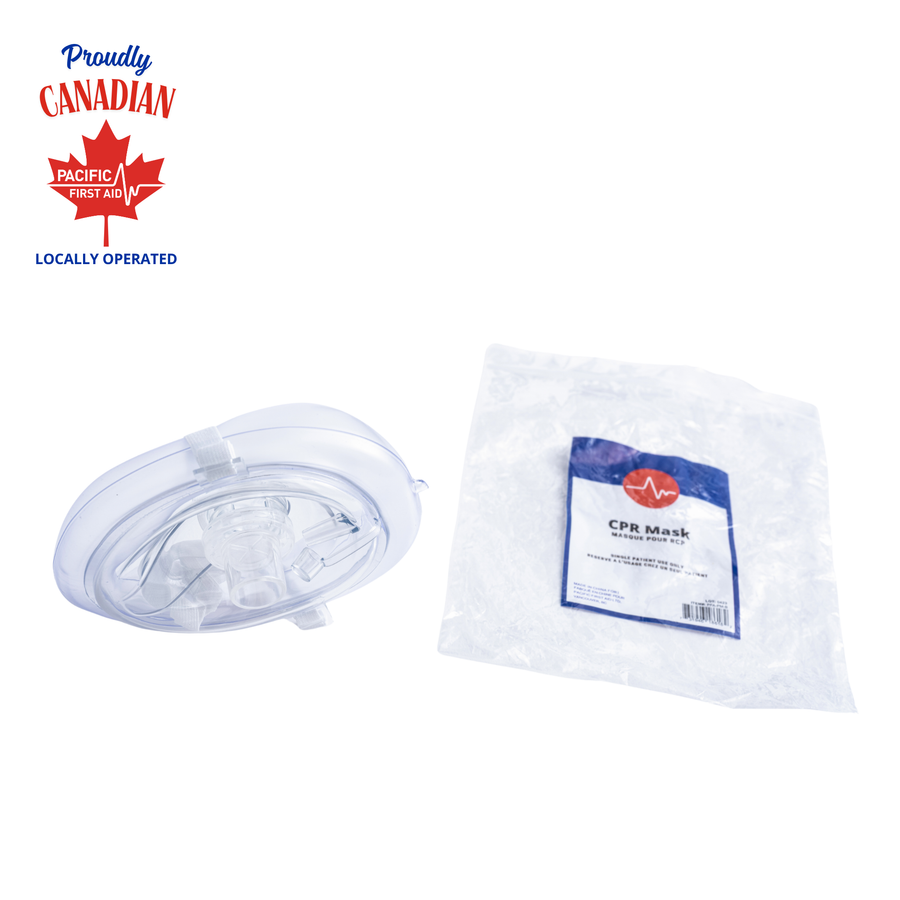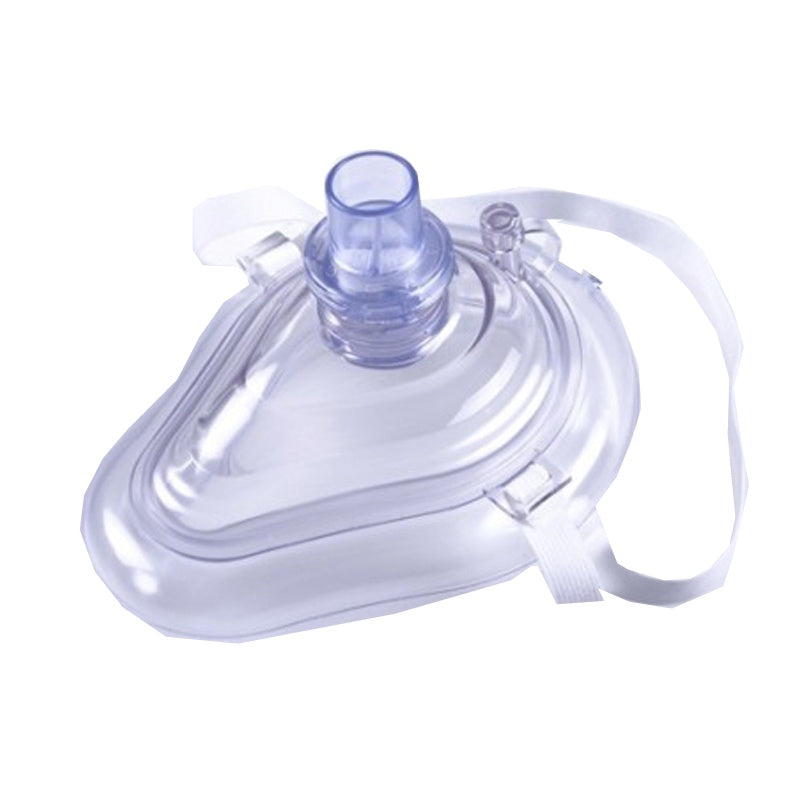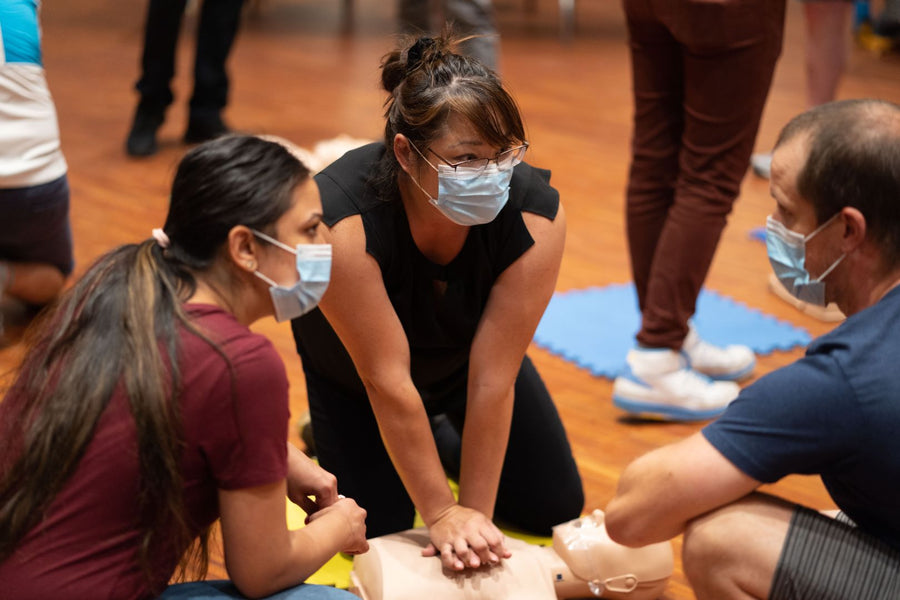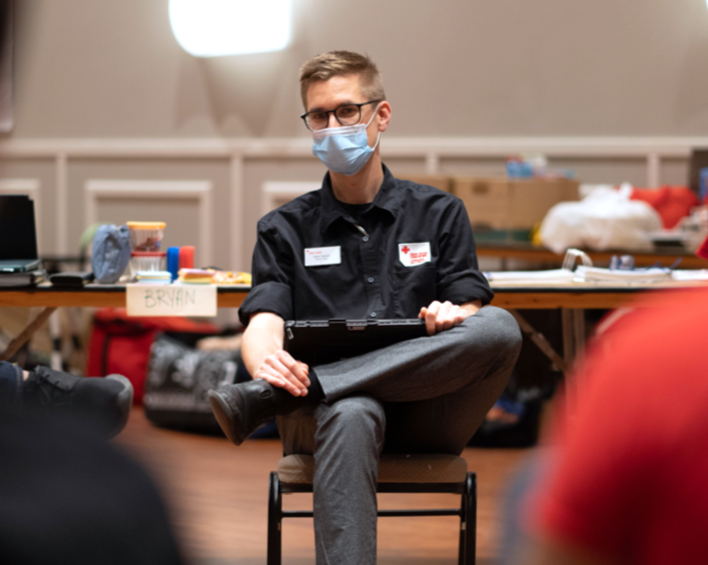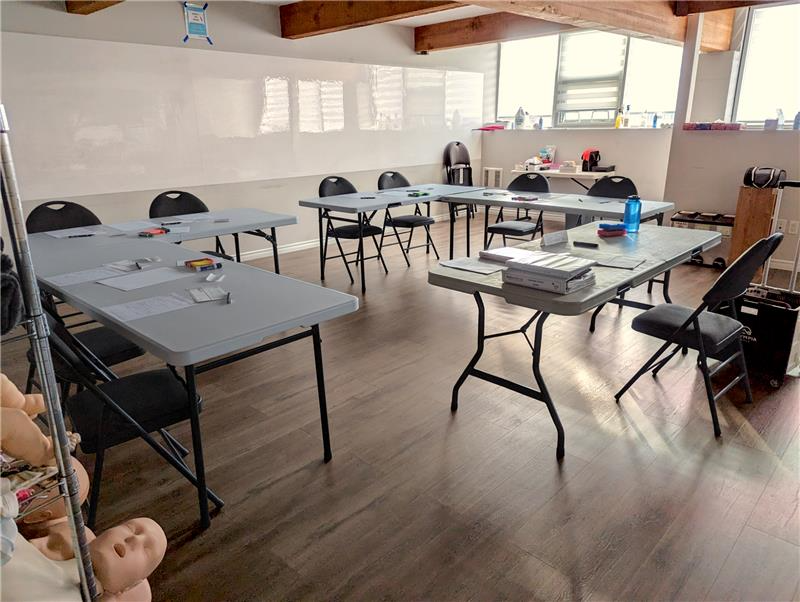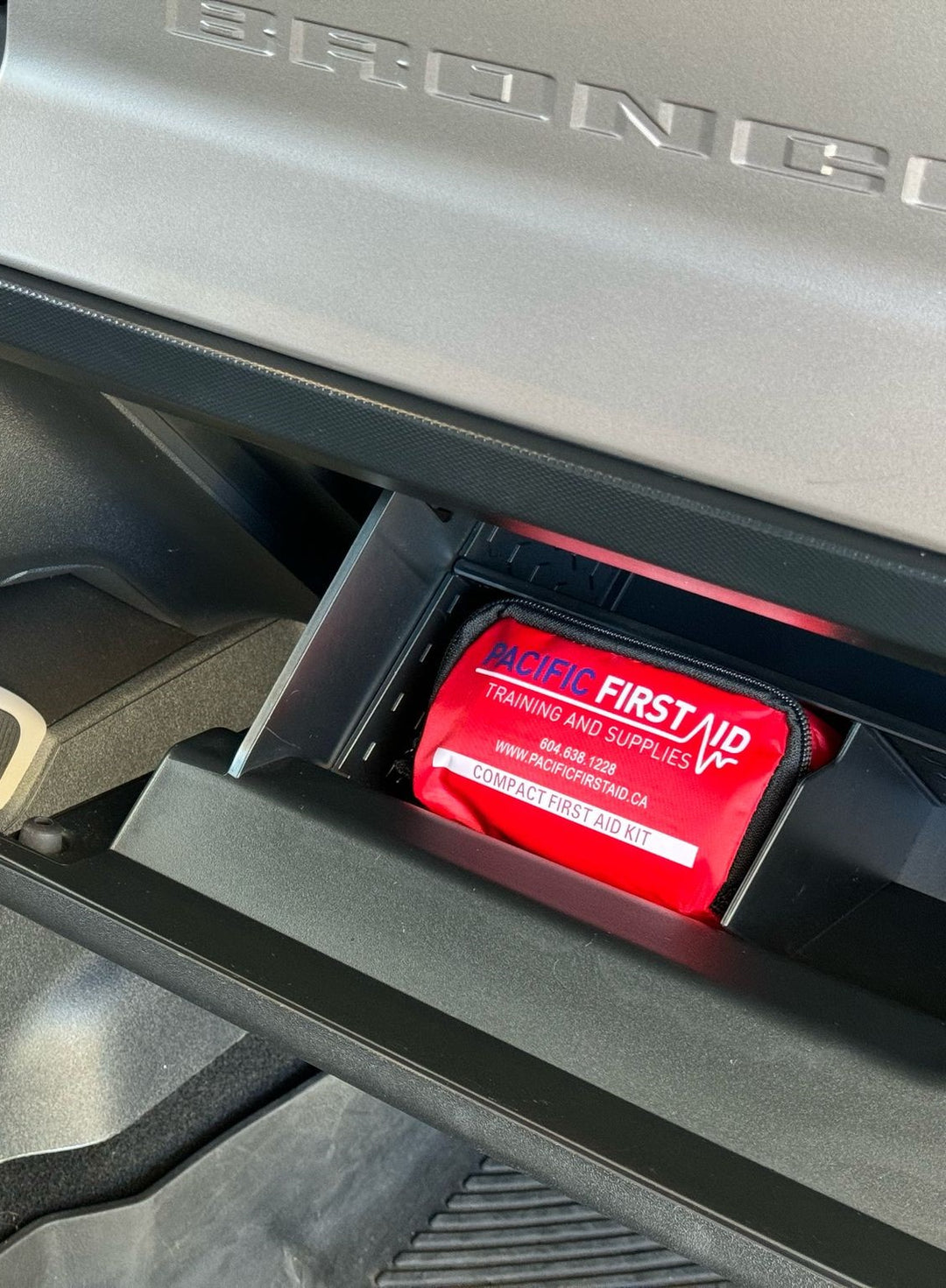
How to Treat Minor Burns
Photo Credit: Thomas Kinto
Accidentally touching a hot stove or getting splashed by boiling hot water are two of the most common household causes of burns. If you or a family member is burned it is important to identify what kind of burn it is. Here are few tips to treat burns that you may or may not have missed at your first aid training or first id training course.
If you received a first aid burn, they tend to be painful but not as dangerous as other burns. A sign of a first degree burn is reddening of the skin and some slight swelling around the area.
Second Degree burns can form blisters on the skin that tend to be very painful and an even brighter red in color.
Third degree burns are the most dangerous of all, they cause the skin to turn white or charged looking and usually don’t have pain as the nerves have been so badly damaged the patient is not able to feel pain in that region. If you receive a third degree burn you should immediately see a doctor.
Other signs you should see a doctor when dealing with burns are as follows:
- If the burn is located on your hands, feet, face or a joint like your knee. These should be treated by professional and should be treated in a timely fashion.
- If the pain is not going away and is becoming steadily worse with time. Don’t try and be tough, see a doctor before more serious damage is done.
- If the burn was caused due to chemical causes or from an electric shock, these kinds of burns can be especially dangerous and should be treated right a way.
- If you notice and sort of liquid flowing form the burn wound, you should also seek immediate medical attention.
How to Treat Minor Burns:
- Put the burned area under cold running water for a minimum of 5 minutes to reduce pain and swelling of the area.
- Apply an antibiotic cream or aloe vera cream to the area to reduce pain and inflammation
- Wrap gauze bandages around the burn but make sure to not wrap them to tightly
- If necessary, take a pain reliever such as ibuprofen
- Never pop burn related blisters as this can lead to very bad infection
- Let the professional handle it. Go in to the doctor to make sure the burn has been properly identified and treated.
To learn more first aid knowledge, sign up for one of our many first aid training courses bc or follow or our emergency training on our website


